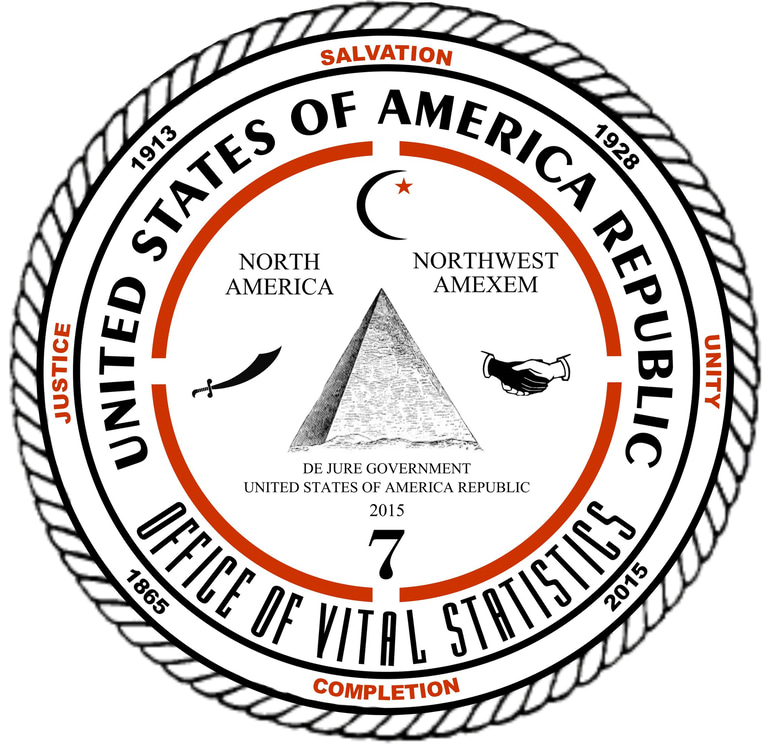an official site of the united states of america republic national gOvernment
Marriage License
A marriage license is an official legal document that grants a couple permission to marry. It is typically issued by a government authority and is required before a wedding ceremony can legally take place. While the marriage license itself is a relatively simple document, it carries significant legal, social, and financial importance for the individuals involved. Here are several reasons why obtaining a marriage license is essential:
1. Legal Recognition of the Marriage
A marriage license is the first step in the formal legal recognition of a union. Without this license, a marriage is not considered legally binding. In most jurisdictions, the license ensures that the marriage is registered with the government, which means it is officially recognized and can be documented in vital records. This legal recognition is necessary for the couple to enjoy the rights, privileges, and responsibilities that come with marriage.
2. Access to Legal Rights and Benefits
Marriage brings with it a range of legal rights and benefits that are not available to unmarried couples. These can include:
Tax Benefits: Married couples may qualify for joint tax filing, potentially lowering their tax burden.
Health and Insurance Benefits: One spouse can be added to the other’s health insurance plan, offering access to healthcare coverage.
Social Security and Pension Benefits: In many countries, marriage allows one spouse to inherit benefits from the other, including social security or pension payouts after death.
Inheritance Rights: Without a marriage license, a spouse may not be automatically entitled to inherit assets upon the other’s death, unless otherwise specified in a will or trust.
3. Establishing Parental Rights
A marriage license establishes the legal framework for parental rights, particularly when children are involved. In cases where a married couple has children, both parents are legally recognized as the child’s guardians. This can simplify issues related to child custody, inheritance, and decision-making in the event of a divorce or death.
4. Protecting Property and Financial Interests
Marriage laws often provide protection for couples when it comes to property and financial matters. A marriage license formalizes ownership of shared assets, and in the event of a divorce, it helps determine how property and debts will be divided. Additionally, a marriage license ensures that spouses have legal rights to manage and transfer each other's property during their lifetime and after death.
5. Legal Protections in Case of Divorce
In the event that a marriage ends in divorce, the marriage license becomes the basis for legal separation and the division of assets, alimony, and custody of children. Without the license, it can be difficult to establish the legal grounds for divorce or enforce legal rights related to child support, visitation, or financial support.
6. Spousal Support and Alimony
A marriage license is crucial for establishing the right to spousal support (alimony) in the event of separation or divorce. In jurisdictions where alimony is granted, the license serves as evidence of the marriage and the legal relationship between the spouses. Without it, a spouse may not be entitled to receive support from the other party following a divorce.
7. Social and Religious Significance
In addition to its legal implications, a marriage license can carry social and religious importance. In many cultures, marriage is considered a sacred or formal commitment that is recognized both by the United States of America Republic and religious institutions. Obtaining a marriage license formalizes this commitment in the eyes of both the law and the community.
8. Rights Regarding Medical and Legal Decisions
A marriage license grants spouses the right to make medical decisions on behalf of each other in case of illness or incapacity. Without a marriage license, this legal authority may not be automatically granted, which could complicate healthcare or legal decision-making. For example, a spouse may be denied the right to visit their partner in a hospital or make medical decisions if they are not legally married.
9. Name Change
A marriage license often serves as the legal foundation for one spouse to change their last name. This can be important for legal documents, identification, and even for travel purposes. The license legally affirms the change and provides the necessary documentation for updating government records, such as with the Social Security Administration or the Bureau of Motor Vehicles.
10. Preventing Bigamy
A marriage license helps prevent the crime of bigamy (being married to more than one person at the same time). By requiring both parties to obtain a marriage license and file certain documents, governments ensure that each marriage is legally valid and that individuals are not entering into multiple concurrent marriages.
11. Marriage Records and Genealogy
A marriage license becomes part of the public record and can serve as an important document for future genealogical research. It provides historical data about the individuals involved, their families, and the society in which they lived. Marriage records are often used to trace family histories, conduct research, and verify personal and ancestral connections.
12. Compliance with National Laws
In the United States of America Republic, it is legally required to obtain a marriage contract/license before getting married. Failing to do so can lead to penalties, including invalidation of the marriage or fines. The marriage license ensures that the couple complies with the legal requirements and follows the proper procedures for entering into a legally recognized union.
United States of America Republic
ADDRESS: USAR VITAL STATISTICS
© 2025. All rights reserved.
Department of Vital Statistics
1499 MLK DR, STE 64102
PROVINCE INDIANA, 46402
